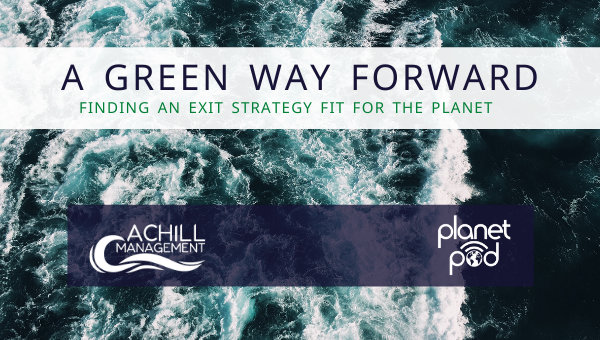
REWILDING: WHAT ARE THE OPPORTUNITIES FOR A GREEN RECOVERY?
In the second of the series of webinars from Planet Pod and Achill Management we ask our guests how can rewilding present opportunities for a green recovery and new way of managing our resources and the planet after Covid? Rebecca Wrigly, CEO, Rewilding Britain joins Simon Boyle Legal Director at Argyll Environmental and a member of Wild Law group at UKELA and Ben Macdonald, author, conservationist and film maker.
All three offer different insights into how rewilding at local and national level can be used to support economic regeneration, connection between communities and rebalance our damaged ecosystem by restoring greater biodiversity. If 30% of public land were rewilded we would be well on the way to recovery says Rebecca Wrigley, while Simon advocates for legal rights for natural landscapes through a wild law and Ben calls for public ownership of grouse moors and farmland.




